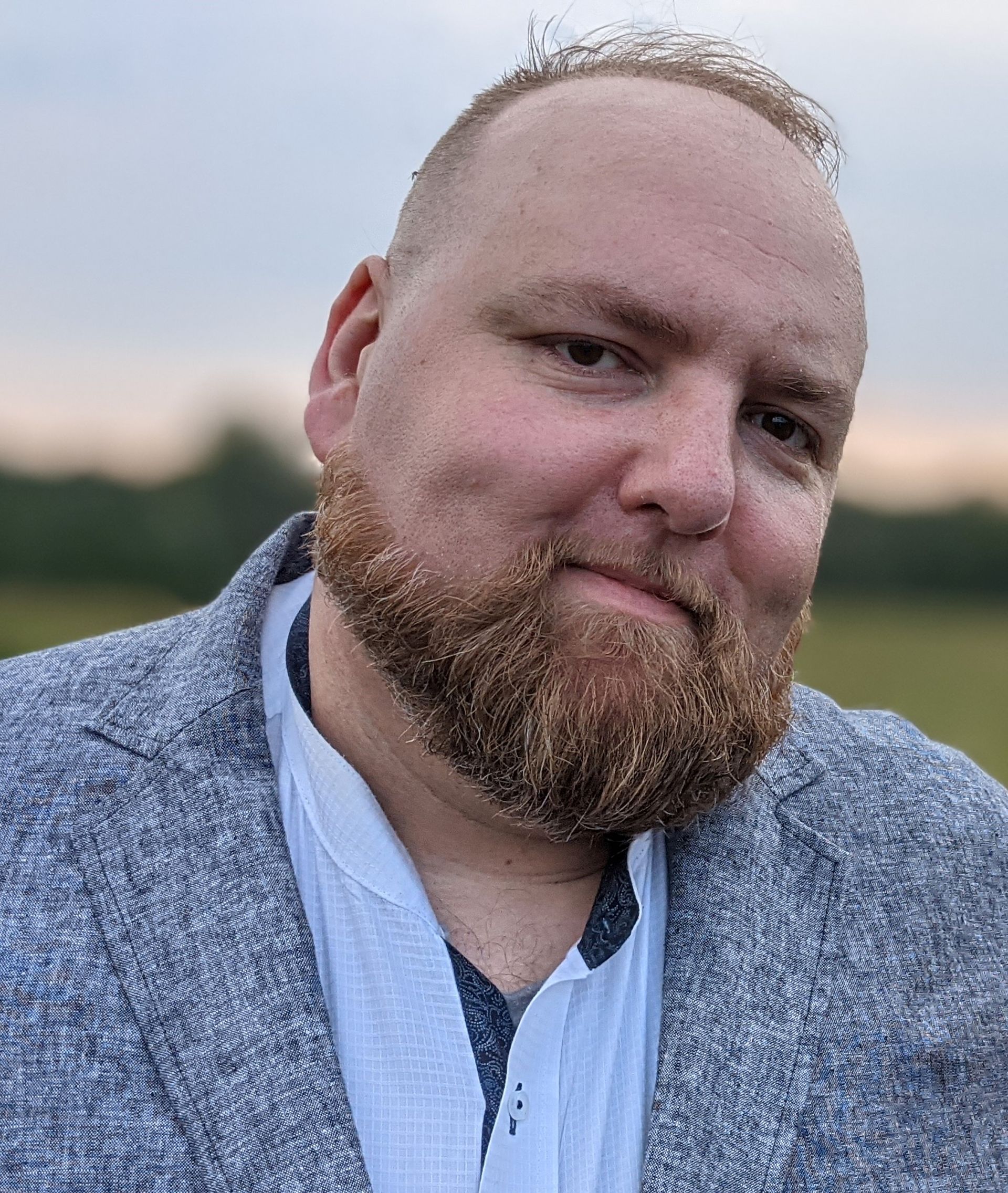This old Chestnut!?

This story is a bit different from my usual posts related to my business, but I want to share why I do what I do and, honestly, why I love it. This journey started back during COVID, after a cross-country move to Montana to start a plant for someone who, it turned out, couldn’t pay me. I soon found myself in Wyoming working with kids in recovery—an area I had experience with, having grown up around similar programs. But this time, I was dealing with teens who had high levels of trauma. I was in a 3.5 facility, meaning it was often their last chance before jail. Yet, the real beginning came even earlier, rooted in a very personal experience.
A few years before, my son came to live with me. He’d made a mistake serious enough to be removed from his prior living situation, and this entailed a lot of changes, including a new school, new activities, and new friends. We faced resistance, especially around him no longer being able to participate in the sports and clubs he’d been part of at his old school. I made sure he had support, getting him into family therapy that included his mother, grandparents, and me. During this process, he was diagnosed with ASD (autism spectrum disorder), which explained a lot of his struggles. We also discovered that his grandmother displayed traits characteristic of sociopathy. These new insights helped me navigate a complicated situation, as his grandparents often tried to sidestep his new school’s rules and hold onto old routines. I ultimately had to establish clear boundaries, helping my son understand that his new situation required new commitments.
Personally, I was diagnosed with ADD back in school (when ADHD was a newer concept). Over the years, I recognized traits of both ASD and ADHD within myself, along with dysgraphia and dyslexia, which made it clear why I prefer "easy mode" for some things! Now, interestingly, I’m on track to graduate with honors with my first college degree in hypnotherapy—a field that’s helped me find ways to manage my focus. It’s been an unexpected path, one that ties back to the challenges and tools I’ve found to adapt and overcome in my own neurodivergent journey.
Like many people, my parents divorced when I was young. Psychologically, I became what’s known as the “identified patient”—the person in a family who reacts outwardly to life’s chaos, often becoming the focus of interventions so others don’t have to confront their issues. This role shaped my early understanding of psychology, though it wasn’t until years later that I’d begin formalizing that understanding in my hypnotherapy studies.
What ultimately drove me toward hypnotherapy, especially during the COVID era, was a combination of my body breaking down from years of intense physical work and a growing interest in understanding the mind. I became drawn to pioneers like Dolores Cannon and John Mack, who explored human consciousness and trauma in transformative ways. I was hungry to understand why people act as they do, especially in extreme situations. Studying hypnotherapy shifted my worldview entirely—I stopped labeling people as “good” or “bad” and began to see them as products of their experiences, acting in ways that often make sense when you understand their history.
Setting boundaries is crucial—real boundaries, not vague agreements. Boundaries are statements, not open for negotiation. I've come to think of it like "checking" in hockey: assertive but not aggressive. And in the therapeutic context, I integrate aspects of Acceptance and Commitment Therapy (ACT), a form of cognitive behavioral therapy that emphasizes separating oneself from emotional reactions. Emotions are normal, but they don’t define us. Building resilience is key—it’s about finding strength, setting clear boundaries, and learning to stand up for yourself without becoming antagonistic.
My approach in therapy is rooted in this balance of compassion and assertiveness, of boundary-setting with empathy. I don’t care what the specific struggle is because, just like with curing meat, when people are placed in the right conditions and given the right amount of time, they can thrive. Over 45, 90, or even 120 days, real change is possible. This is why I focus on areas such as neurodivergence (especially ADHD), habit-building and addiction, spiritually inclined hypnotherapy, and even sports hypnosis for performance improvement.
This story isn’t just to “trauma bond,” but to offer a real sense of why I transitioned from being a European-trained master butcher and chef to hypnotherapy. The quick version might be, "I had the time, and it seemed interesting." But in reality, it was a long road, one paved by the need to heal and help others find their own strength through all the twists life throws our way.



